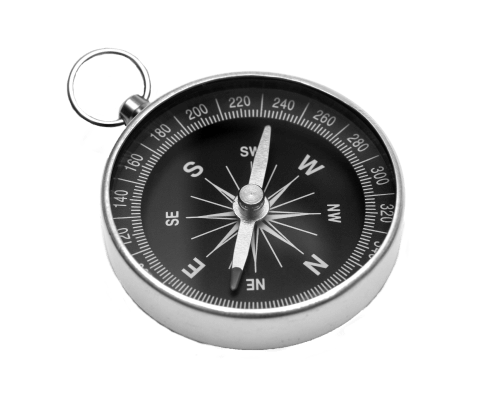Perfecting your business sale strategy – and why selling your business shares isn’t always a choice
November 11, 2024

Deciding to sell your business isn’t easy, but the next step could be even harder.
Your exit marks a watershed moment in your life, bringing with it a barrage of tough decisions that you’ll want to get right. But the process needn’t be daunting, especially with professional help.
At Melo, we’re invested in building the right exit strategy for business owners just like you. And if you own a limited company, this starts with whether to sell your shares or your assets. And how to prepare for the fact that this decision might be out of your hands.
There are generally 2 routes to an external sale for owners of a limited company
- Sell your shares
- Sell your assets.
If you opt to sell your shares, the tax liability falls on you as an individual, subject to the Capital Gains Tax regime.
The upside of a share sale, of course, is that you receive the money from the sale. For the owner of a limited company this can be a much more tax-efficient route than the business selling the assets.
On the other hand, opt to sell business assets and it’s effectively the business doing the selling. Your company receives the proceeds of the sale and, in turn, pays Corporation Tax on this chargeable gain.
You then have to extract the proceeds – triggering a personal tax liability. So, when you sell your business assets, you might find yourself in a dreaded double-taxation scenario.
Selling your shares might be preferable but the decision won’t always be yours to make
Historically, buyers have been desperate to get their hands on small business opportunities, with huge sums of money changing hands, often without sufficient due diligence.
But now, post-Consumer Duty, the landscape is very different.
The reality is that buyers don’t always want to buy company shares. And because there’s less competition, they don’t have to.
In the current environment, whether or not you sell company shares or assets is reliant on two things:
1. The size of your business
Post-Consumer Duty, the amount of due diligence required to buy shares – even in a small, clean company – is huge. And so are the legal contracts. That adds up to massive expense for your potential acquirer.
Buyer appetite for shares is lessening, especially for firms with an enterprise value of less than £1 million.
This might be hard to hear but remember that, as with so many things, forewarned is forearmed.
You might decide to work on growing your business or make peace with the fact that selling your shares will be tough.
2. Your documented reviews
A buyer completing due diligence may request documented reviews going back seven years for all clients that are paying an ongoing fee. This is a huge shift, and possibly not one you’re prepared for.
If you can’t provide properly documented reviews going back that far, how far can you go? Giving yourself space to grow the business could also allow time to get your documentation up to date.
Professional financial advice can give you the gift of information… and time
When you start thinking about your business exit strategy, you’ll need to consider the above two factors.
Speaking to professionals in good time, though, means that you can make plans that work for you.
That might be selling assets, but it could mean growing your business or making improvements that will allow you to sell shares later on.
Get in touch
Find out more about how we can help you find the perfect business exit strategy. Hit us up in our inbox at hello@melo.co.uk or call us on 0113 4656 111.

We're your
navigators!
Say 'elo
We’ve got our thinking caps on and we’re ready to mingle.